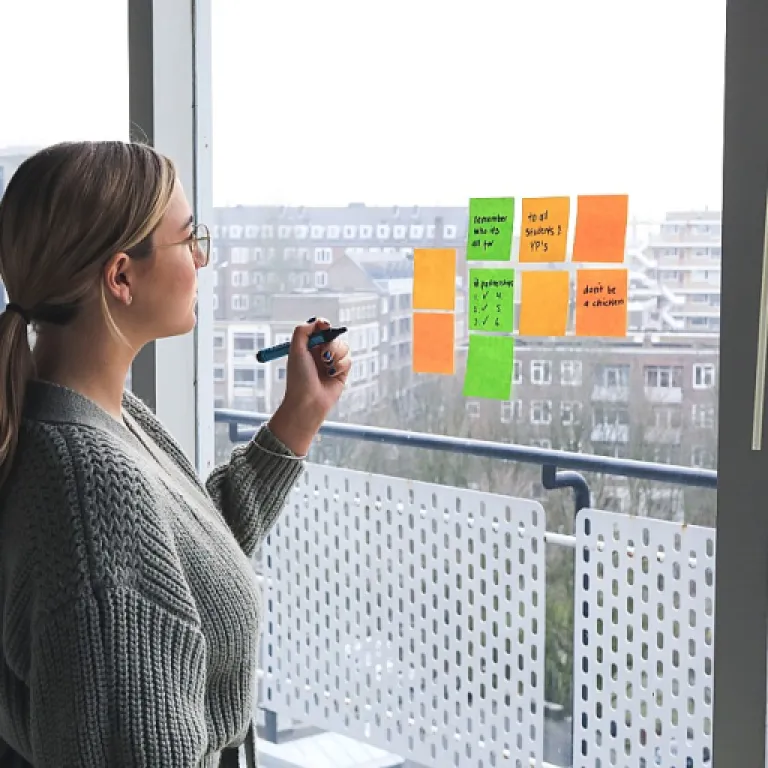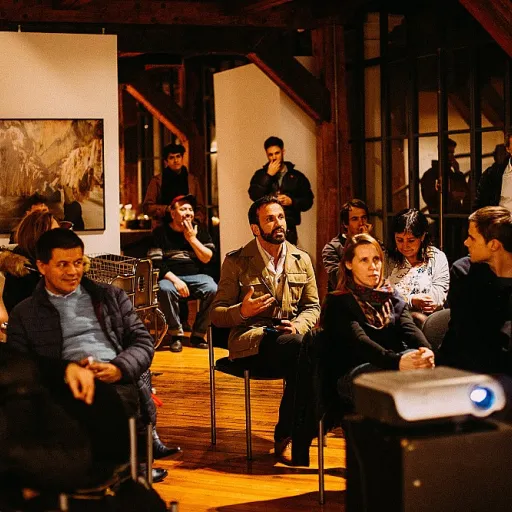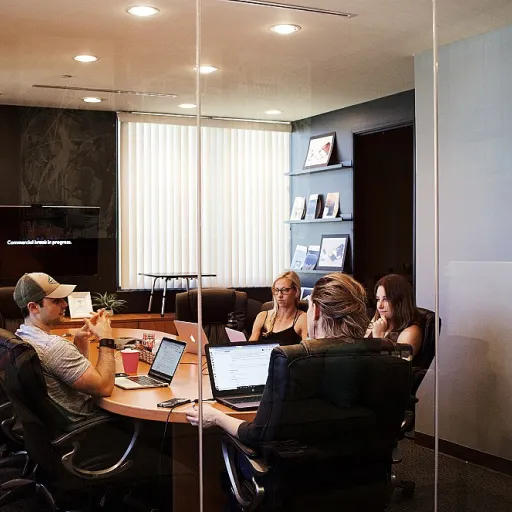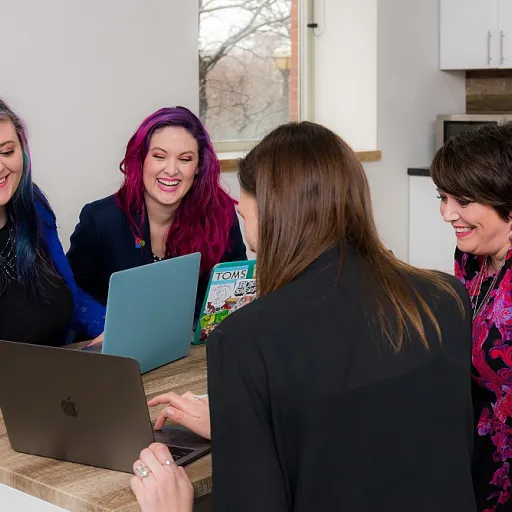
Understanding the unique culture of New Zealand workplaces
Recognising the Foundations of New Zealand Workplace Culture
New Zealand workplaces are known for their collaborative spirit and strong sense of community. As an office manager, understanding the unique organizational culture is essential for helping employees feel welcome and engaged. The team culture here often emphasises open communication, knowledge sharing, and a genuine commitment to collective goals. This approach not only supports team building but also creates an environment where psychological safety and trust can flourish.
Key Elements That Shape Team Collaboration
- Flat Hierarchies: Many New Zealand companies favour less formal structures, encouraging all team members to contribute ideas and participate in problem solving. This will allow employees to feel valued, regardless of their role.
- Inclusive Decision-Making: Collaboration is a core value. Teams often make decisions together, and input from diverse members is welcomed. This helps build a sense of belonging and strengthens employee engagement.
- Knowledge Sharing: Real time sharing of information and expertise is encouraged. Cross functional collaboration is common, as it helps teams merge skills and perspectives to achieve company goals.
- Work-Life Balance: The culture supports flexible work arrangements, recognising that people perform best when they feel supported both professionally and personally.
Building Trust and Psychological Safety
Trust is the backbone of effective teams. When employees feel safe to share knowledge and express ideas, the entire organization benefits. As you step into your role, focus on fostering an environment where team members are comfortable communicating openly. This will help employees adapt quickly and contribute to a positive workplace culture.
For a deeper look at how popular culture can reflect and inform company culture, you might find insights in this article on what movies about managers can teach New Zealand office managers. Understanding these cultural nuances will set the stage for building rapport, navigating office etiquette, and supporting effective team collaboration in your company.
Building rapport with your new colleagues
Creating Connections That Last
When you join a new team in a New Zealand workplace, building rapport is not just about quick introductions. It’s about fostering a sense of belonging and trust among team members. New Zealand companies often value a collaborative and inclusive team culture, where employees feel comfortable sharing knowledge and supporting each other. As an office manager, your approach to team building can set the tone for the entire organization.
- Start with genuine interest: Take time to learn about your colleagues, their roles, and what motivates them. Simple conversations about work or even weekend plans can help employees feel seen and valued.
- Encourage open communication: Make it clear that everyone’s input is welcome. This will allow for real time problem solving and helps establish psychological safety within the team.
- Promote knowledge sharing: Organize regular catch-ups or informal sessions where team members can share knowledge, discuss challenges, and celebrate wins. This supports a collaborative workplace culture and strengthens team collaboration.
- Support cross-functional collaboration: Facilitate opportunities for employees to work with other teams. This not only broadens their understanding of the company but also helps merge teams and build a more resilient organization.
- Mentorship and guidance: Offer mentorship or buddy systems for new employees. This helps people adapt quickly and encourages ongoing employee engagement.
Remember, effective ways to build rapport are rooted in consistency and authenticity. The more you invest in team relationships, the more you help employees feel connected to the company’s goals and culture. For more insights on employment practices relevant to New Zealand companies, you might find this resource on understanding at-will employment useful as you navigate your new workplace.
Navigating unspoken rules and office etiquette
Unwritten Rules That Shape Team Dynamics
Every New Zealand workplace has its own set of unspoken rules that influence how teams collaborate and communicate. These norms are often shaped by the broader organizational culture and the unique personalities within each team. Understanding these subtleties will allow office managers to help employees feel a greater sense of belonging and psychological safety, which is essential for effective team collaboration and knowledge sharing.
- Respect for collaboration: New Zealand teams value input from all members. Encourage open communication and create opportunities for real time feedback. This helps build trust and supports a collaborative culture where sharing ideas is welcomed.
- Informal communication: Many New Zealand workplaces prefer a relaxed, approachable style. While professionalism is important, informal chats over coffee or in the break room can be just as valuable for team building as formal meetings.
- Consensus-driven decisions: Teams often seek input from everyone before making decisions. As an office manager, facilitating these discussions and ensuring all voices are heard will help employees engage more fully with company goals.
- Respect for work-life balance: Employees appreciate when their time is respected. Avoid scheduling meetings outside of core hours and be mindful of personal commitments. This helps foster a positive workplace culture and supports employee engagement.
Encouraging Knowledge Sharing and Mentorship
Knowledge sharing is a cornerstone of effective teams in New Zealand. Office managers can support this by creating channels for cross functional collaboration and mentorship. This not only helps merge teams after organizational changes but also strengthens problem solving and innovation across the company.
- Promote regular team catch-ups where members can share knowledge and discuss ongoing projects.
- Encourage more experienced employees to mentor new team members, helping them adapt to the organization’s culture and expectations.
- Recognize and celebrate collaborative achievements to reinforce the value of teamwork.
For office managers looking to deepen their understanding of team culture and psychological safety, this guide on change management courses offers practical insights tailored to New Zealand companies.
Leveraging your role as an office manager
Creating a Foundation for Team Collaboration
As an office manager, your position is central to shaping the team culture and supporting a collaborative workplace. You are not just a facilitator of daily operations; you are a bridge between employees, teams, and the broader organization. Your actions and approach will allow team members to feel valued and engaged, which is essential for a healthy organizational culture.
Fostering Knowledge Sharing and Trust
One of the most effective ways to help employees feel connected is by encouraging knowledge sharing. This can be as simple as setting up regular team meetings, or using digital platforms for real time collaboration. When team members share knowledge openly, it builds trust and a sense of belonging. This is especially important in New Zealand workplaces, where open communication and psychological safety are highly valued.
- Promote cross functional collaboration by organizing joint projects or informal catch-ups between different teams.
- Support mentorship programs to help new employees learn from experienced team members.
- Encourage employees to share successes and challenges, which strengthens team building and problem solving skills.
Aligning Team Goals with Company Culture
Every organization has its own unique culture, and as an office manager, you play a key role in aligning team goals with the company’s values. Make sure that your team understands how their work contributes to the wider goals of the company. This helps employees feel their efforts matter and boosts employee engagement.
| Action | Impact on Team |
|---|---|
| Regular team check-ins | Improves communication and collaboration |
| Transparent sharing of company updates | Builds trust and organizational alignment |
| Celebrating team achievements | Enhances sense of belonging and motivation |
By leveraging your role, you help create a workplace culture where collaboration thrives and employees feel supported. This not only benefits your team, but also strengthens the overall organization.
Effective communication in a diverse team
Creating Open Channels for Team Collaboration
In New Zealand workplaces, effective communication is more than just exchanging information. It’s about building trust, supporting collaboration, and ensuring every team member feels included. As an office manager, you play a key role in fostering a culture where employees feel comfortable sharing ideas and feedback. This helps strengthen team culture and supports the organization’s goals.
- Encourage real-time communication: Use collaborative tools and regular check-ins to help employees share knowledge and updates. This will allow teams to solve problems quickly and keep everyone aligned.
- Promote knowledge sharing: Create spaces—both digital and physical—where team members can share experiences and best practices. This helps merge teams and builds a sense of belonging.
- Support cross-functional collaboration: Facilitate opportunities for people from different departments to work together. Cross-functional projects help employees learn from each other and strengthen the overall company culture.
Building Psychological Safety and Trust
Open communication relies on psychological safety. Team members need to know they can express ideas or concerns without fear of negative consequences. As an office manager, model respectful listening and encourage others to do the same. This approach helps employees feel valued and engaged, which is essential for effective team building and organizational culture.
Adapting Communication for a Diverse Workplace
New Zealand offices are often diverse, with people from different backgrounds and cultures. Adapt your communication style to ensure everyone understands and feels included. Use clear language, avoid jargon, and check in with team members to make sure messages are understood. This not only improves collaboration but also supports employee engagement and a positive workplace culture.
By focusing on open, inclusive, and real-time communication, you help your team work together more effectively and support the company’s long-term success.
Handling challenges and adapting quickly
Staying Resilient When Facing Team Challenges
Every office manager in New Zealand will encounter challenges when merging into a new team or supporting employees through change. The key is to remain adaptable and foster a culture where team members feel safe to share knowledge, express concerns, and collaborate on solutions.- Encourage open communication: Create channels for real time feedback and regular check-ins. This helps employees feel heard and valued, strengthening trust within the team.
- Promote psychological safety: When people know they can voice ideas without fear of judgment, team collaboration and problem solving become more effective. This sense of belonging is crucial for a healthy workplace culture.
- Facilitate knowledge sharing: Support cross functional projects and mentorship opportunities. Sharing expertise across teams will allow employees to learn from each other and build a stronger organization.
- Model adaptability: Demonstrate a willingness to learn and adapt. When team members see leadership embracing change, it encourages a collaborative approach to overcoming obstacles.
Supporting Team Building and Employee Engagement
Team building is not just about social events. It’s about creating an environment where employees feel connected to the company’s goals and to each other. As an office manager, you can help employees by:- Organizing regular team collaboration sessions to align on objectives and celebrate achievements.
- Encouraging cross functional interactions to break down silos and enhance organizational culture.
- Recognizing individual and team contributions, which boosts morale and engagement.













